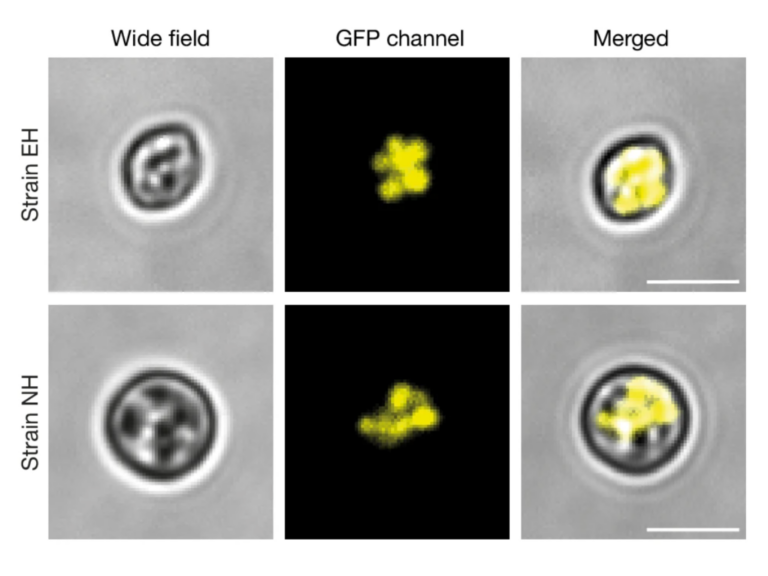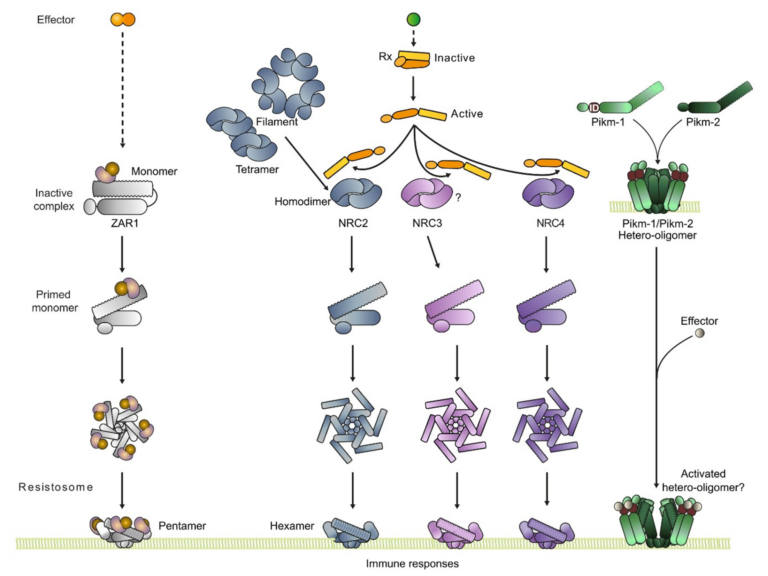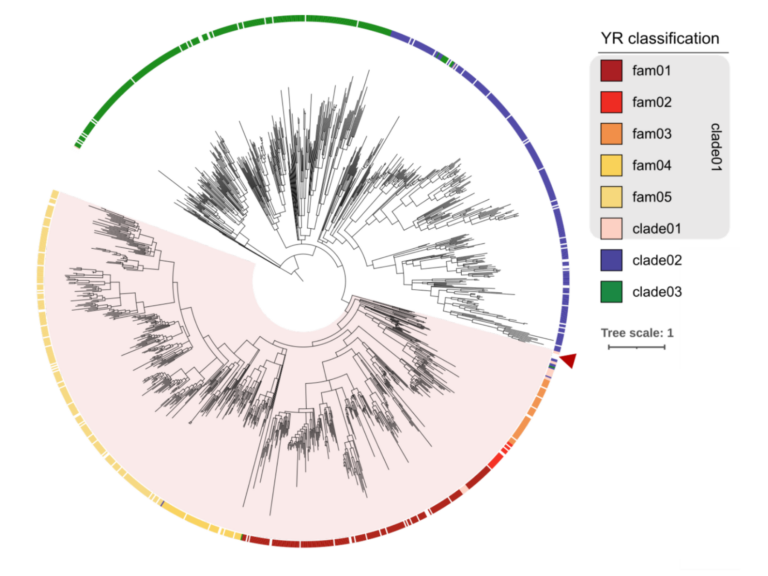The appressorium at a glance
Many plant pathogenic fungi have the capacity to infect their plant hosts using specialised cells called appressoria. These structures act as a gateway between the fungus and host, allowing entry to internal tissues. Appressoria apply enormous physical force to rupture the plant surface, or use a battery of enzymes to digest the cuticle and plant cell wall. Appressoria also facilitate focal secretion of effectors at the point of plant infection to suppress plant immunity. These infection cells develop in response to the physical characteristics of the leaf surface, starvation stress and signals from the plant. Appressorium morphogenesis has been linked to septin-mediated reorganisation of F-actin and microtubule networks of the cytoskeleton, and remodelling of the fungal cell wall. In this Cell Science at a Glance and accompanying poster, we highlight recent advances in our understanding of the mechanisms of appressorium-mediated infection, and compare development on the leaf surface to the biology of invasive growth by pathogenic fungi. Finally, we outline key gaps in our current knowledge of appressorium cell biology.


